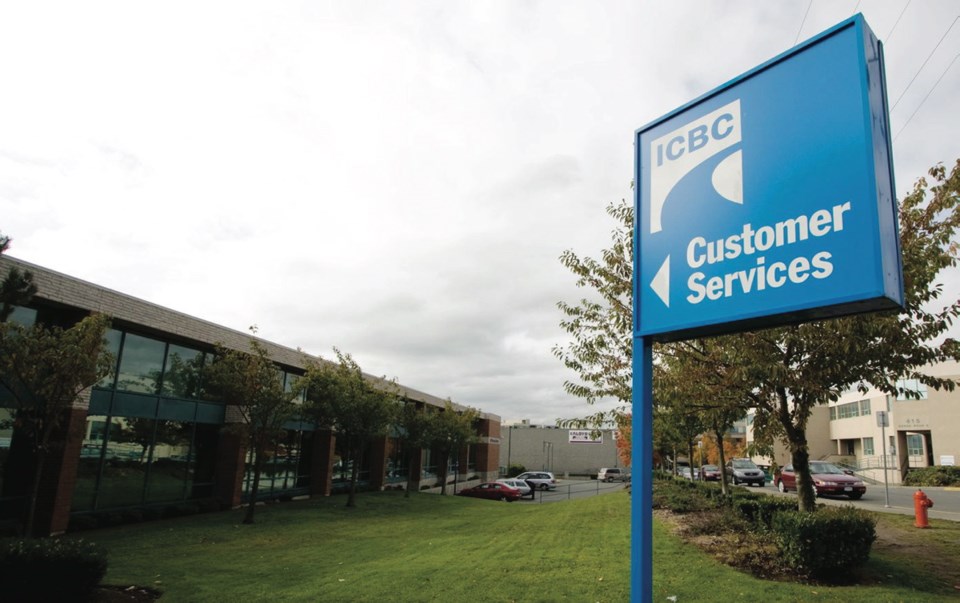Transportation Minister Todd Stone says the provincial government is “going to do everything that we possibly can to apply … downward pressure” on basic car-insurance rates, which will soon see an increase of between four and seven per cent.
It’s hard to know if he said it with a straight face, as the remark was made during a radio interview. We would take him more seriously if that “downward pressure” included reversing the government’s plan to take $150 million a year for the next three years from the Insurance Corp. of B.C.
The corporation will submit its application for a basic rate increase to the B.C. Utilities Commission by Aug. 31. The higher rates will take effect on Nov. 1. Stone said the corporation can seek an increase of between four and seven per cent.
The basic insurance rate was raised 5.5 per cent last year, prompting stern words from Stone.
“I’m actually disappointed that the proposed basic-rate increase for this coming year couldn’t be lower than 5.5 per cent,” Stone said when that rate increase was announced.
He sounds a bit like Capt. Louis Renault in the 1942 movie Casablanca, who says: “I’m shocked, shocked to find that gambling is going on in here!” just as he accepts his “winnings.”
Although ICBC makes a profit on the optional policies it offers, it lost $256 million in 2015 on its compulsory basic plan. The government approved a one-time transfer of $450 million from the optional side of the business to ease last year’s rate increase, yet, like Renault in Casablanca, continues to insist on its share of the winnings — about $500 million over the past three years.
The publicly owned ICBC was formed to level the insurance playing field for B.C. consumers. At one point, ICBC had accumulated a surplus, and suggested to the government it give the money back to the people in the form of rebates to good drivers.
But the B.C. Liberal cabinet ministers gasped at that heresy and decided instead that the excess money would be better used elsewhere. In 2010, the legislature passed a bill giving the cabinet power to move this “excess capital” from ICBC into government coffers.
It has continued to siphon money from ICBC into general revenues to finance areas such as health care and education. It justifies this practice with the official government mantra that shareholders should benefit from profits, and all British Columbians, not just ICBC customers, are the shareholders, so all should benefit.
That’s the same tune sung when justifying taking “dividends” from B.C. Hydro, but that melody is a little off-key, given that B.C. Hydro’s profits were manufactured, not real, and the utility had to borrow to pay the government its share.
Prodded by a severe scolding from former auditor general John Doyle, the government admitted the error of its ways and has promised to wean itself off faux Hydro dividends, starting in 2018.
It should do the same with ICBC. The corporation was not formed to finance government programs, but to provide a service to British Columbians. It should pay for itself, with room enough to accumulate surpluses to cushion rate increases when losses exceed premiums.
The B.C. Liberals are fond of singing their own praises about not raising taxes, but that’s just an illusion when insurance and hydro rates rise while the government siphons off money from the Crown corporations involved. The illusion wears especially thin when the provincial taxes collected on insurance premiums and Hydro bills are factored in.
The government would sound a little more sincere about applying downward pressure to insurance rates if it stopped taking its cut.



